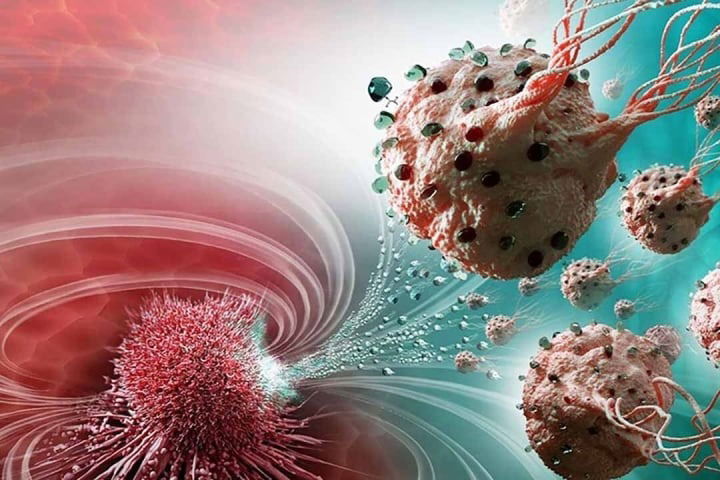
When 52-year-old father of two, John Matthews, was diagnosed with stage IV stomach can.cer, doctors told him he had less than six months to live.
The can.cer had already spread to his liver and lymph nodes, leaving surgery off the table. Chemotherapy might have bought him a few more months, but there was no certainty.
But what unfolded over the following year stunned not only his family but also his medical team.
John’s can.cer began to retreat, his energy came back, and recent scans showed no active tumors. His doctors now call it a “remarkable recovery,” though they remain cautiously optimistic.
How did someone given mere months to live manage to survive — and thrive — two years later?
1. Transforming His Diet

Following his diagnosis, John immersed himself in studying nutrition. He completely cut out processed foods, red meat, and sugar.
In their place, he adopted a strict plant-based, anti-inflammatory diet rich in leafy greens, berries, turmeric, whole grains, nuts, and green tea.
Although experts debate the extent to which diet alone can impact can.cer, many studies suggest that nutrition supports the immune system, reduces inflammation, and can improve responses to treatment.
For John, this new way of eating became the bedrock of his recovery.
2. Healing Emotionally

John also did important inner work. He began therapy to address years of built-up stress, unprocessed grief, and repressed emotions.
He practiced daily meditation, kept a gratitude journal, and explored forgiveness, letting go of bitterness that had weighed him down for decades.
More and more holistic health practitioners believe that mental and emotional well-being is closely tied to physical health. John’s story supports that view.
3. Rediscovering Purpose

Finally, John left his demanding, stressful job and focused on what brought him true meaning.
He spent more quality time with his family, volunteered at an animal shelter, and picked up painting again — a hobby he’d long neglected.
Far from giving up, he described it as truly choosing to live.
This shift in mindset, research suggests, can have biological effects.
Studies have shown that having a sense of purpose can reduce stress hormones, strengthen the immune system, and even lengthen lifespan.
A Message of Hope
John knows his experience is unique, and it may not be the same for everyone.
He still sees his oncologist regularly and understands that the can.cer could return. But right now, he is healthy, hopeful, and grateful.















